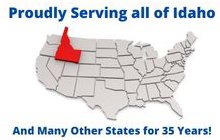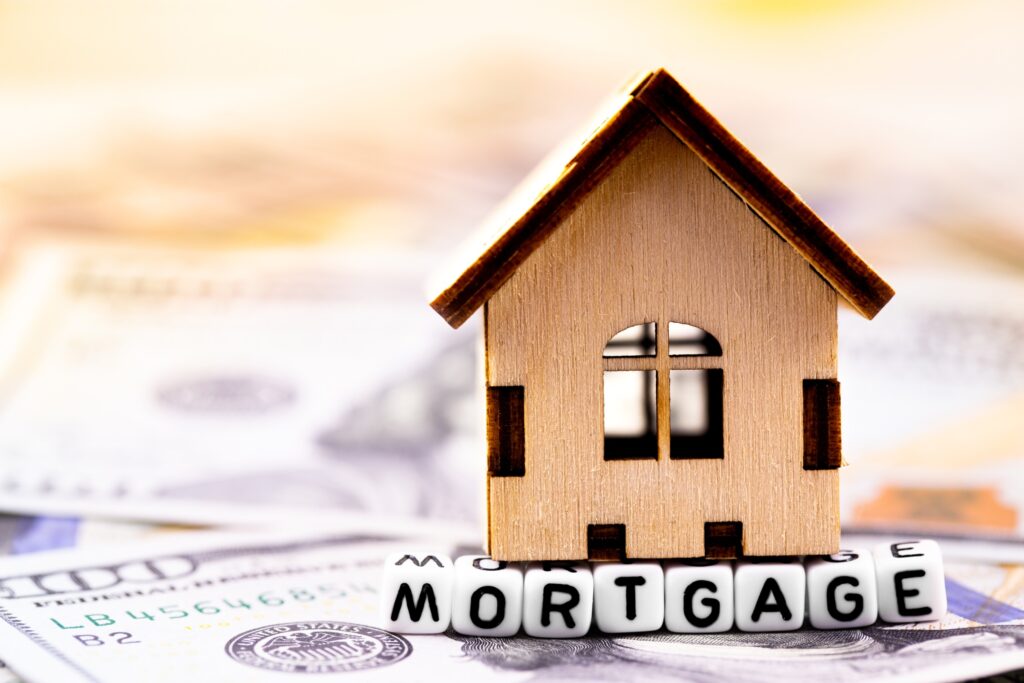For many, anything that deals with money can be daunting. As you search for a home, the last thing you want is to deal with additional stress of financing your new purchase. It’s important to choose the right lender to ensure a smooth transaction, from pre-approval to close and beyond. With a knowledgeable lender, you will be in good hands and can be confident the process will have minimal hiccups. Here are some basics about mortgages to help you get familiar with the terms before diving into a loan.
- What is the difference between loans and mortgages? A standard loan can encompass many things such as personal loans or business loans. Mortgages are specially designated for purchasing a home and they use your home as collateral.
- What is a mortgage, and what is included in the payment? A mortgage or home loan is money you borrow for a home purchase. A lender borrows you this money under certain terms that are agreed upon by you and the lender. The terms home loan and mortgage can be used interchangeably. Mortgage payments are a monthly payment that is determined by the amount of the loan. These loans typically range from a 15-year to 30-year period and will include added interest. A home loan will often include more than just principal and interest, such as property taxes or homeowners’ insurance. Property taxes are what you pay to your city each year and homeowners’ insurance is a protection on your home and is not required on all loans. At first, more of your monthly payment will go toward the loan’s interest, but as you continue to pay, that will start to shift and more will go toward the principal. This is called amortization.
- What is a promissory note? This is a written and signed agreement that you commit to repaying a sum of money in a loan or other type of financing. It’s a secondary agreement that often is signed in conjunction with your mortgage. This is often where you spell out the terms of repayment, such as final amount to pay (principal plus interest) and on what schedule.
- What is a second mortgage? Second mortgages are loans taken out against the value of your home. Often called home equity loans, these loans come in handy if you need to make improvements to the home. You can only take out a second mortgage if you owe less than what your home is worth. For example, if you owe $200,000 on your home, and your home is worth $300,000, you can probably get a second mortgage for $100,000. Be careful of second mortgages, and only use this money for truly necessary items.
- What are closing costs, and why do you need to pay them? Closing costs are paid at the end of the loan process and they include all the costs accrued during the process of creating the loan. Your lender should go over the applicable fees before you get too far into the process so you’re prepared at the closing table.
For more general information on mortgages, be sure to check out Part 2 next.





